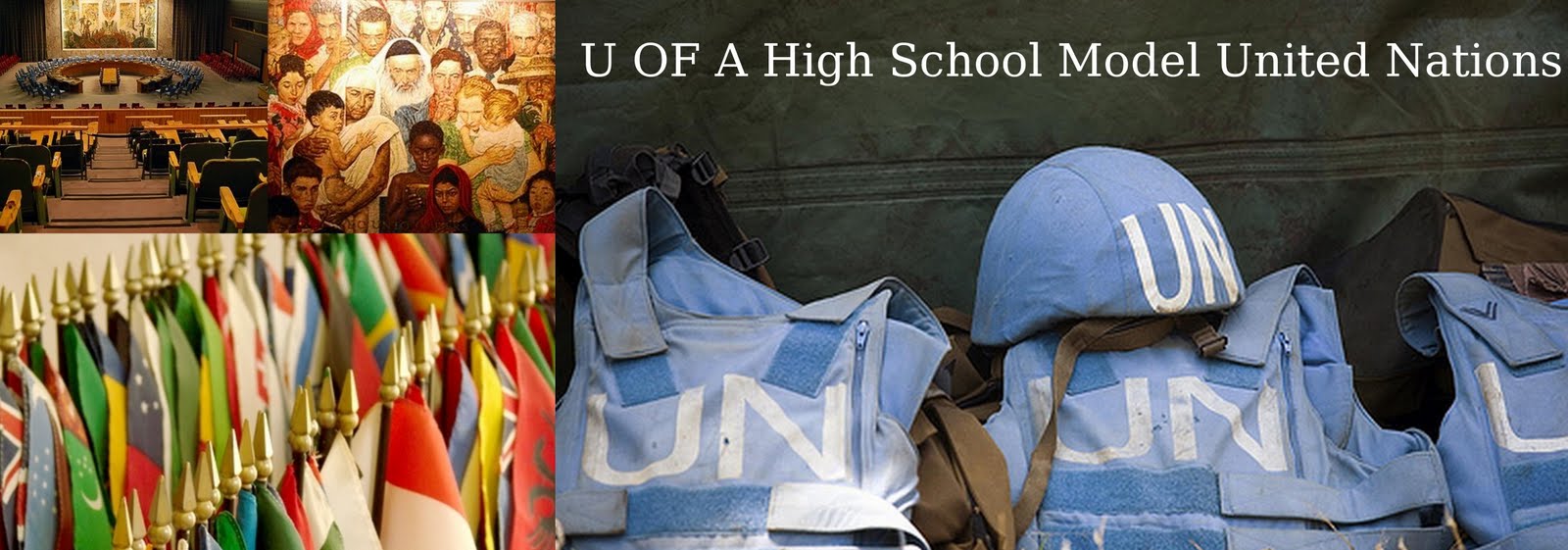- My country's foreign policy is very extreme/difficult to defend - this actually puts you in one of the best positions to start interesting debates in the committee! Your nation's foreign policy might force you to be less cooperative with other delegates, but as your dais staff we can recognize that you're just being consistent with your country's actions and ideology. Usually, the most controversial stances make for the funnest and most engaging committee debates - remember that your goal is to ultimately represent your state's foreign policy.
- My country isn't too involved in this particular issue/my country hasn't defined a clear stance on this particular issue - this is also not necessarily a bad thing. Because your country isn't too invested in one of the topics we're discussing, you have the most flexibility with creating effective draft resolutions that don't violate your foreign policy. Just make sure that you represent the values that your nation typically stands for - for instance, your country might not have had many encounters with terrorism but you might traditionally place a high value on protecting national sovereignty - in that case, you wouldn't advocate very much for universal jurisdiction in anti-terrorist operations.
While I have your attention, you should read this article about crimes committed by UN personnel in Congo. As you read the article, you'll notice that there are references to some internal measures taken by the UN to limit the possibility of these crimes occurring, like a strict curfew for personnel while mentioning that Congo doesn't have the authority to prosecute UN personnel. Do you think that the internal measures taken by the UN have been enough to deter crime? If not, is that because the measures aren't stringent enough or is it because we're giving individual nations too little authority in preventing and prosecuting crimes committed by UN personnel? The irony is that the UN personnel were sent to Congo to protect citizens but have, it seems, only created a more dangerous environment, which demonstrates how flawed the UN's current system of diplomatic immunity can be.
Hopefully that helps, delegates! We are eagerly awaiting your position papers :)




No comments:
Post a Comment